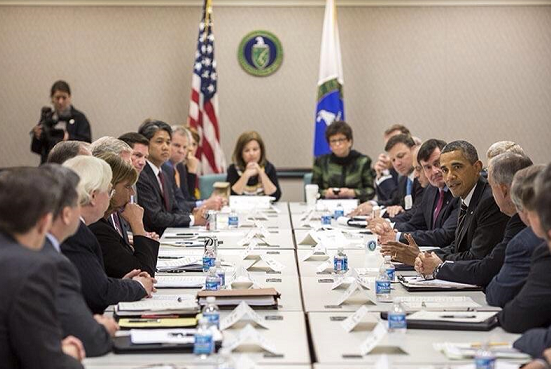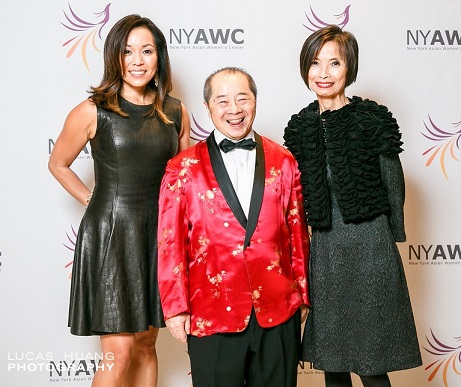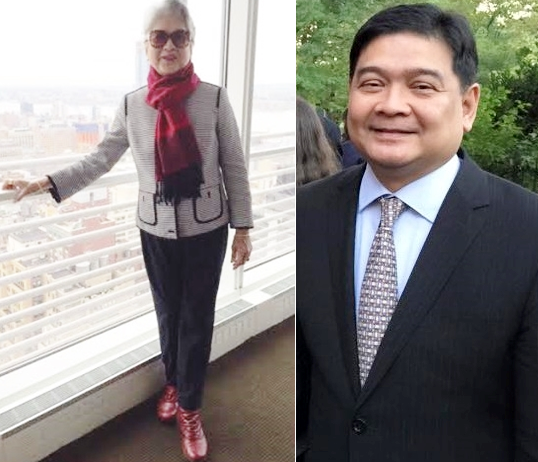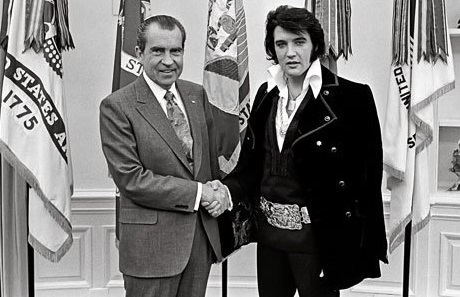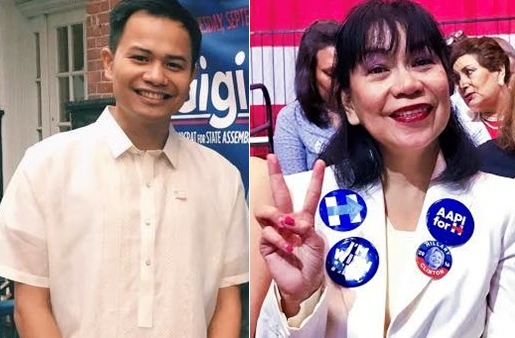When beggars can be choosers: Tales of entitlement, attitudes

By Marissa Bañez
I recently read something about a person who became heartbroken and frustrated with the idea of gift-giving to those supposedly in need. The adage that “beggars can’t be choosers” has gone by the wayside and entitlement is now the norm. At a time when many of us may need to be economically prudent, many with lesser means expect “freebies” charitably given to them to be bigger, better, and more expensive.
The person who wrote about her disenchantment said that for the past several holidays, she voluntarily took on the onerous task of operating a holiday toy drive. Toy drives require a lot: An enormous amount of time, the ability to cajole others to donate, physical space to store the donations, organizational skills to distribute the donations equitably based on various criteria, and, oftentimes, additional purchases by the organizer to make the drive as successful as possible.
So, this person was understandably upset when she heard comments about the donated gifts. Many recipients complained because they wanted and expected more – not only in terms of the number of gifts given but also in the value of those gifts (i.e., more expensive). She acknowledged that this year, the donated gifts were not the best but not the worst either. After all that work for several years, this was her thanks. She is not inclined to do it again in the coming years.
I don’t blame her.
Previously, my daughter and I (as well as a few friends) woke up early Saturday mornings to help at a food pantry. The pantry had no control over what was donated. Every week, the food was different and we were instructed to bag the donations so that the recipients would get similar types of foods, based on what was available. The bagging took at least a couple of hours, as we walked from table to table picking up items and then back again. Then, we helped with the distribution by making sure that people got the correct number of bags according to their need as determined by the organizers. The lines were always long and the distribution took at least another couple of hours.
Many recipients treated us like dirt! They acted like they were entitled to our time and labor. They aggressively complained about the food, claiming they didn’t like certain items and asking why we didn’t have whatever they believed they deserved. And in a clear demonstration that “want” is more important than “need” to them, several routinely opened the bags that we just spent hours putting together and left things they didn’t like willy-nilly on an empty table before leaving in a huff. After several months, I decided it was better to sleep in on Saturday mornings.
There was also the time when someone asked me for money. I had only a dollar on me, which I gave to her. Her response: “Just a dollar? You bitch!” – followed by other expletives and insults. As a person who grew up poor and worked for that dollar, I was gobsmacked, not to mention a little afraid. I don’t know whether she was mentally unstable but that was the last time I gave away money.

Then, one day, I saw a young homeless woman sitting on the ground begging for food. I gave her my packed lunch, which she ate. So, I decided to give food instead of money. Every day for a few months, I happily packed a PB&J sandwich, two hard-boiled eggs, a fruit, and bottled water, ready for the first person I saw begging for food. Some accepted the food, but to my surprise, many more first asked me what kind of food it was. Of course, I understand if someone is allergic to certain foods; I would never want to harm anyone. Not a single person ever said they couldn’t accept my food because of any allergy. Rather, literally every person who refused what I took the time to buy, make, and pack said they didn’t like that kind of food…even as they were sitting on the ground begging for food! Their entitled attitude was disheartening and, frankly, disgusting. Because I encountered that mindset so much more than acceptance of my food, I decided to just stop in order to protect my mental and emotional health.
It’s sad that many in our rich country are economically disadvantaged. It’s sadder still that too many of those people feel their circumstances entitle them to more and better things from those who simply want to help as best they can. I don’t mean to accuse everyone of being this way but in my personal experience, there are just too many for my taste. Like the person who ran the toy drive, I never required gratitude but neither did I expect to be challenged about the quality or quantity of my free offerings at every turn.
Certain people may criticize me for allowing the attitudes of some to stop me from helping. Such criticism is invalid as I’m cognizant of my obligation to help the less fortunate and I’m doing other things – just not on a one-to-one or face-to-face basis anymore. I choose my emotional well-being over others’ insupportable sense of entitlement.
Still, I commend and thank those who persist in their selflessness in the face of such selfishness.


